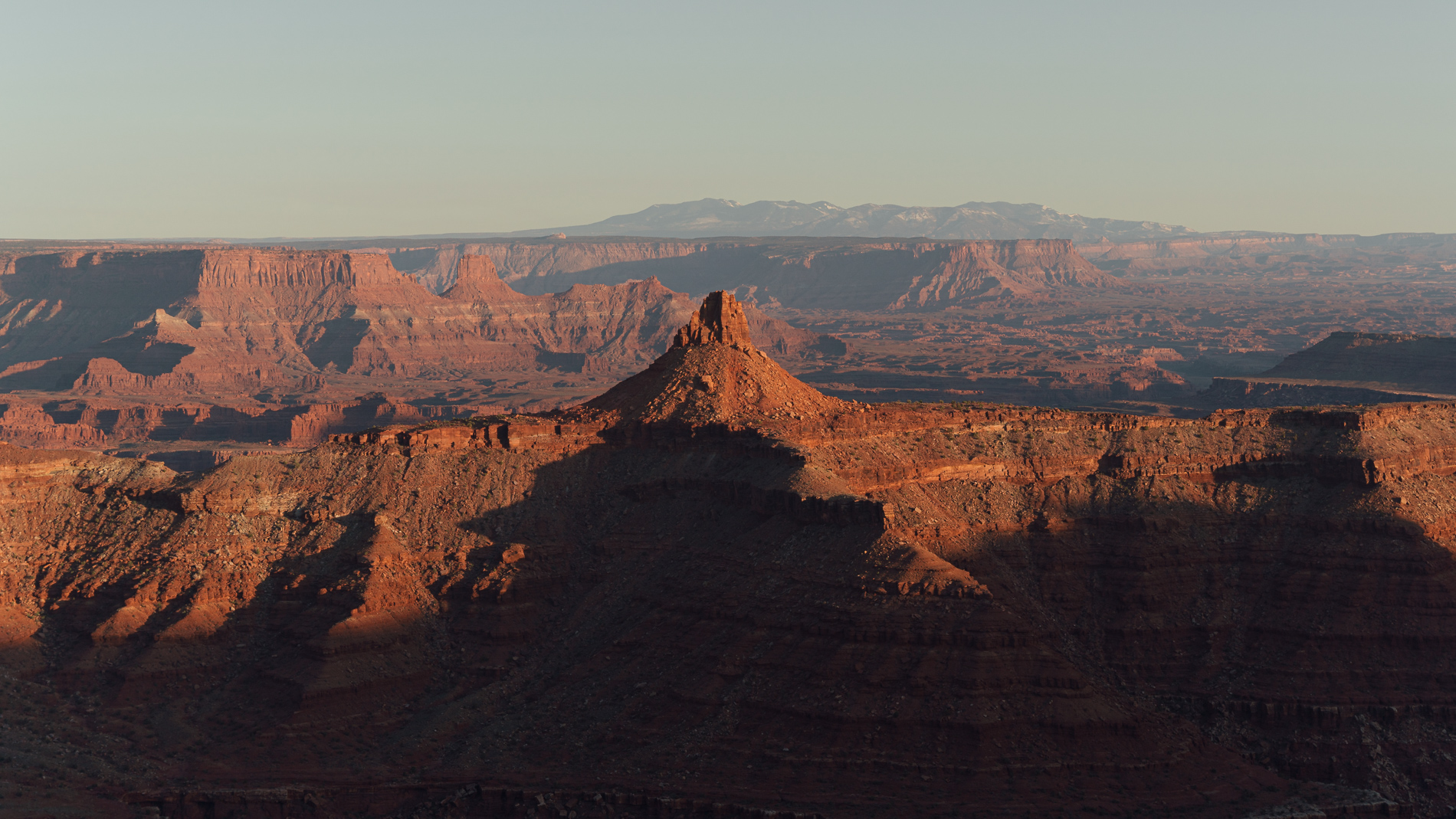
I was humming east along a pastoral stretch of I-70 when John Vervaeke’s voice yanked me out of my reverie. “The appropriate response to beauty is to change your life,” he said. I rewound and listened again. The appropriate response—not just an option, but the correct one—is not to react but to transform. Suddenly many of our strongest and weakest moments as people made sense. Men throw away their lives in pursuit of a beautiful woman. Unbearable wanderlust fills us when we see photos of far flung locations. Thoughts of quitting your job roar to the surface when you pass someone lounging in their van at a stunning overlook while you rush back home on a Sunday. We can’t help it. We witness beauty in all her forms and we are irrevocably moved.
In my life, a few of her forms include the Rocky Mountains, a woman, a sentence in my favorite novel, a song in the right moment. Beauty’s power is often frightening in these forms. I feel fragile and undisciplined under her influence. But what could become a whirlpool of impulse is more often a source of strength. The beauty in my life has catalyzed growth or inspired permanent change over and over again, giving me the strength to push myself, to commit, to resist the ebbing of days.
No one tries to let life pass them by. Yet each day gets shorter than the last, eyes glaze over, the lid goes on and days process into mush. Trying to think back on what you’ve done over the past couple months feels like you’re trying to watch TV through someone else’s window. Blue light reflects and flickers on popcorn ceilings. You can see a show is on but can’t make out any details. In other words, you get busy. You fall asleep at the wheel of your life and drift along barely noticing the blurred surroundings that pass you by. Busy is routine without beauty, a doldrum of repeating grays. Not to say routine is inherently bad, a routine with beauty is a life well lived, but strip it of its color and busy is all that remains.
This spring I got busy. Snow melted and took time along with it. Flowers bloomed and winter crept out the back door. I was staring down my second move in six months and a surgery which would put me down for weeks after. “Things will slow down after this,” became a mantra, a white lie echoing through my head day after day. I was consoling myself and I knew it. You either take the time or get taken by it. Daydreams become fast friends during times like these. Screens become confidants and comforts. This is where I get into trouble, when what I escape too is just as bad as what I’m escaping from. I didn’t know it at the time, but Vervaeke’s words held my solution. Take his quote, flip it, and out comes an idea.
The appropriate response to beauty is to change your life.
To change your life, seek out beauty.
Before the true heat of summer blankets the west, while the peaks melt and mud season reigns, the desert lies in perfect limbo. For many, spring in the desert is an annual pilgrimage seeking what Edward Abbey described as, “red dust and the burnt cliffs and the lonely sky – all that which lies beyond the ends of the roads.” So I packed up my screens, stuffed my daydreams, and fled to Moab seeking the reprieve the desert uniquely provides.
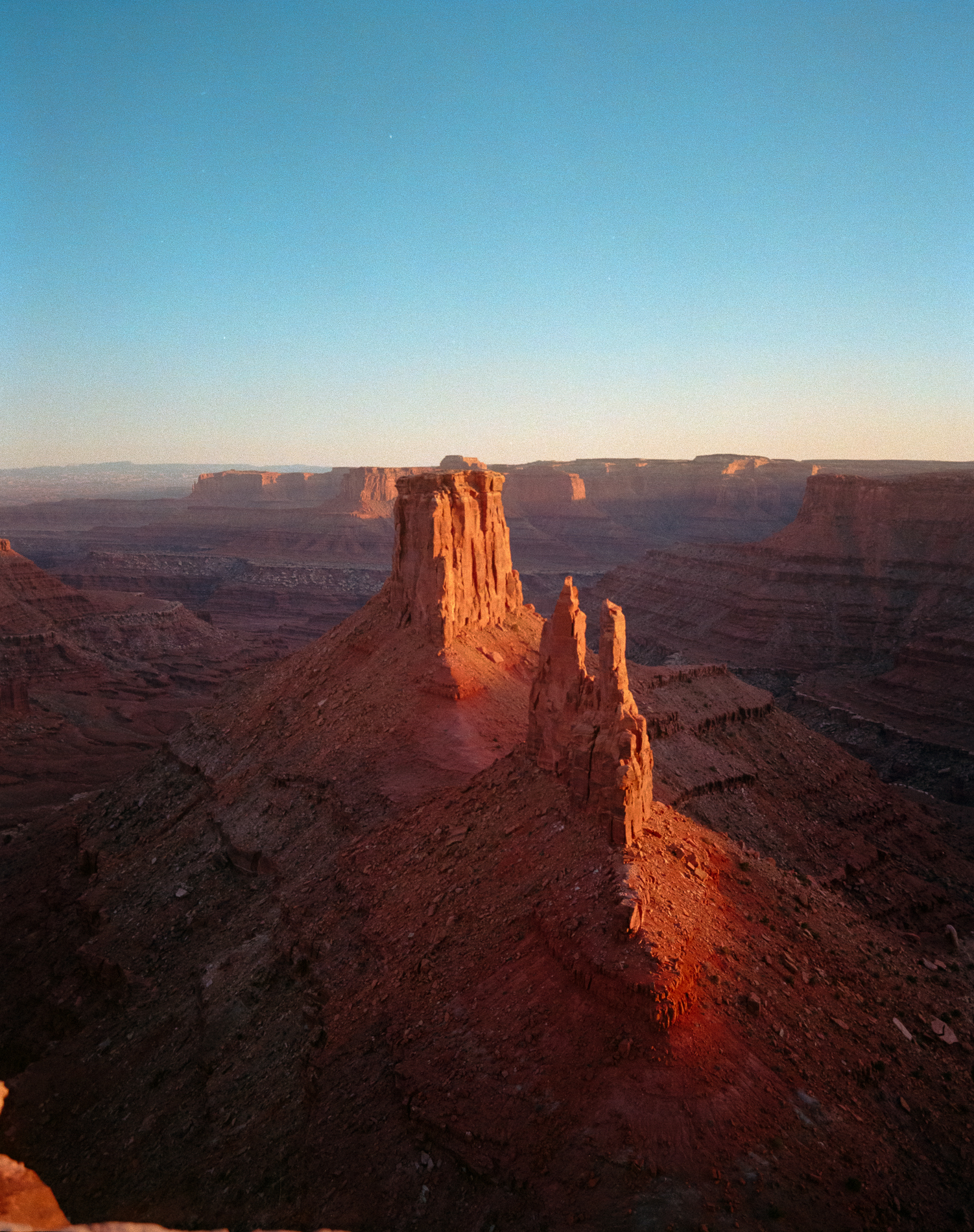
To cure in the desert sun, to be cured by the desert sun, is to have all low-grade malaise baked out of you. The sand exfoliates away dead thoughts and stress. Biblically, the desert is said to be a place you come out from—a place to escape. I disagree with the good word. In the desert I see resilience, a pale beauty which, tempered by the roasting sun, comes to life during the edges of the day. Unripe orange sand and pale sagebrush pops to life as the day dies. The light softens and the desert shows its true colors.
At Marlboro Point, the sun held its breath. Thundering stillness—a quiet so deep my ears clawed outwards for stimulation. As all other sound dissipated, I was left with nothing but the dull roar of my rushing blood. My eyes drained of blue light, cleansed by reflected sandstone. I could see 200 miles in the distance. I could see the curvature of the earth. I could see through the moon. What was tucked away, glazed over, hacked, and over-ridden stood at rapt attention. I refused to move. The slightest rustle of a jacket or scratch of a zipper was blasphemy. My body braced, assaulted by nothing.
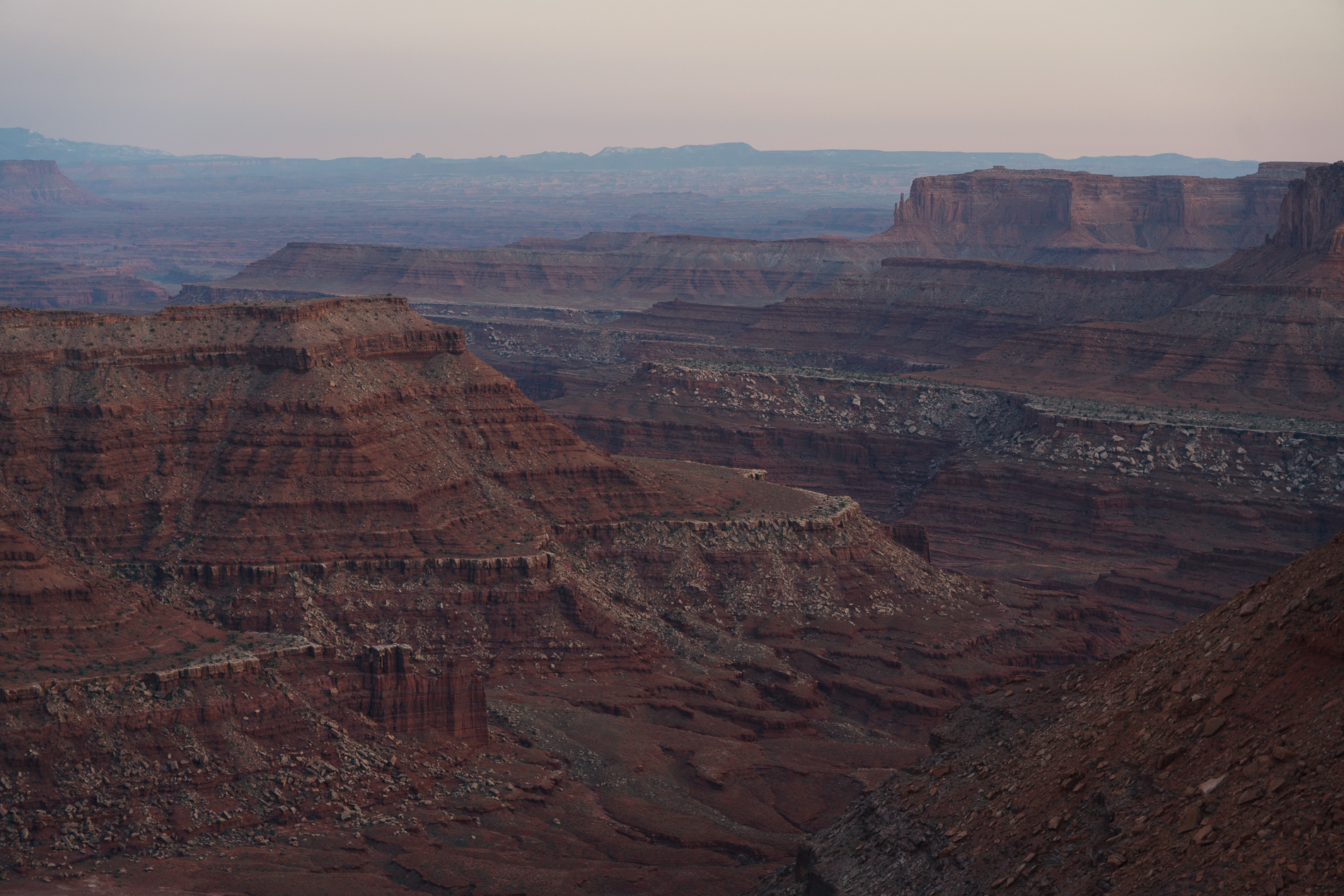
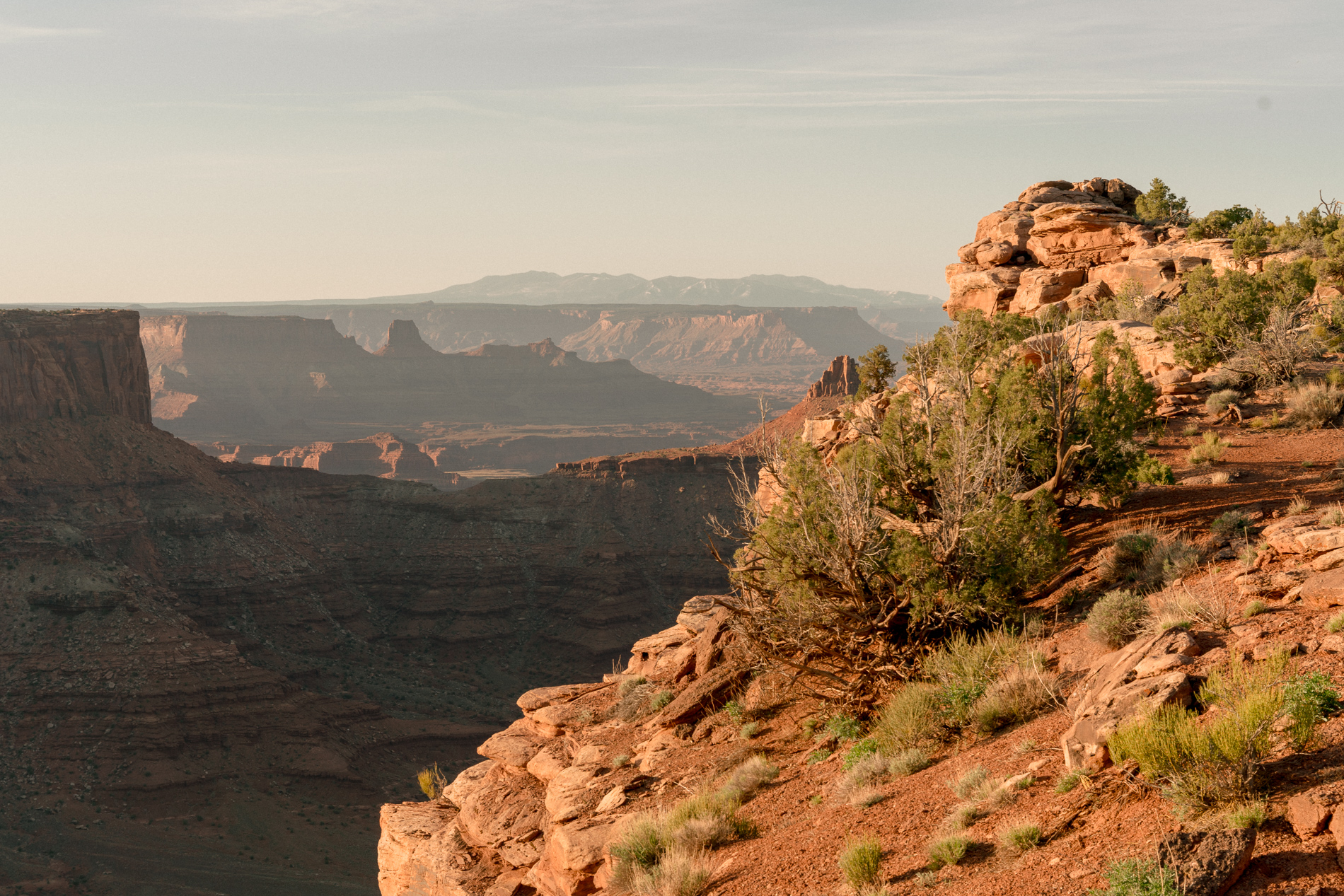
The next morning in camp I tried settling into newfound idle time. I skirted the edges of the mesa looking deep into Canyonlands National Park. The earth was cut open and I saw into the gaping wound, stained red and brown by the violence of seasons passed. The air was bloody, thick and metallic, giving it an unnatural weight. The possibility occurred to me that I could float out over the expanse without falling, somehow supported by whatever force vented out from the earth’s belly. I breathed in and the air was crisp and dry, adding to the sense of discordance. Years ago in Munich I found my way into a small church off a side road. As I entered an organ whispered threats that bounced off the red marble walls. Shimmering black columns ornamented with intricate gold designs rippled down from the ceiling. The walls on either side of the single row of pews bowed inwards adding to the claustrophobia. An eerie power sat hand in hand with the visual splendor of the church, and 8 years later I stood with the same feeling. Awe mixed with a slight foreboding, not out of fear but out of respect. Heavy places, spirit temples.
I turned away and came across another morbid scene. A dead juniper framed itself perfectly against the shrubs and another distant mesa, throwing its arms out in a grandiose display. However, this was no final act. Hardened in its twilight, the juniper will now stand sentinel over this small section of desert for longer than me or my children or my children’s children will walk the earth. Generations of my family could come to this very spot and see this same tree still standing, beckoning welcome to its little home. Resilience even in death, the way of the desert.
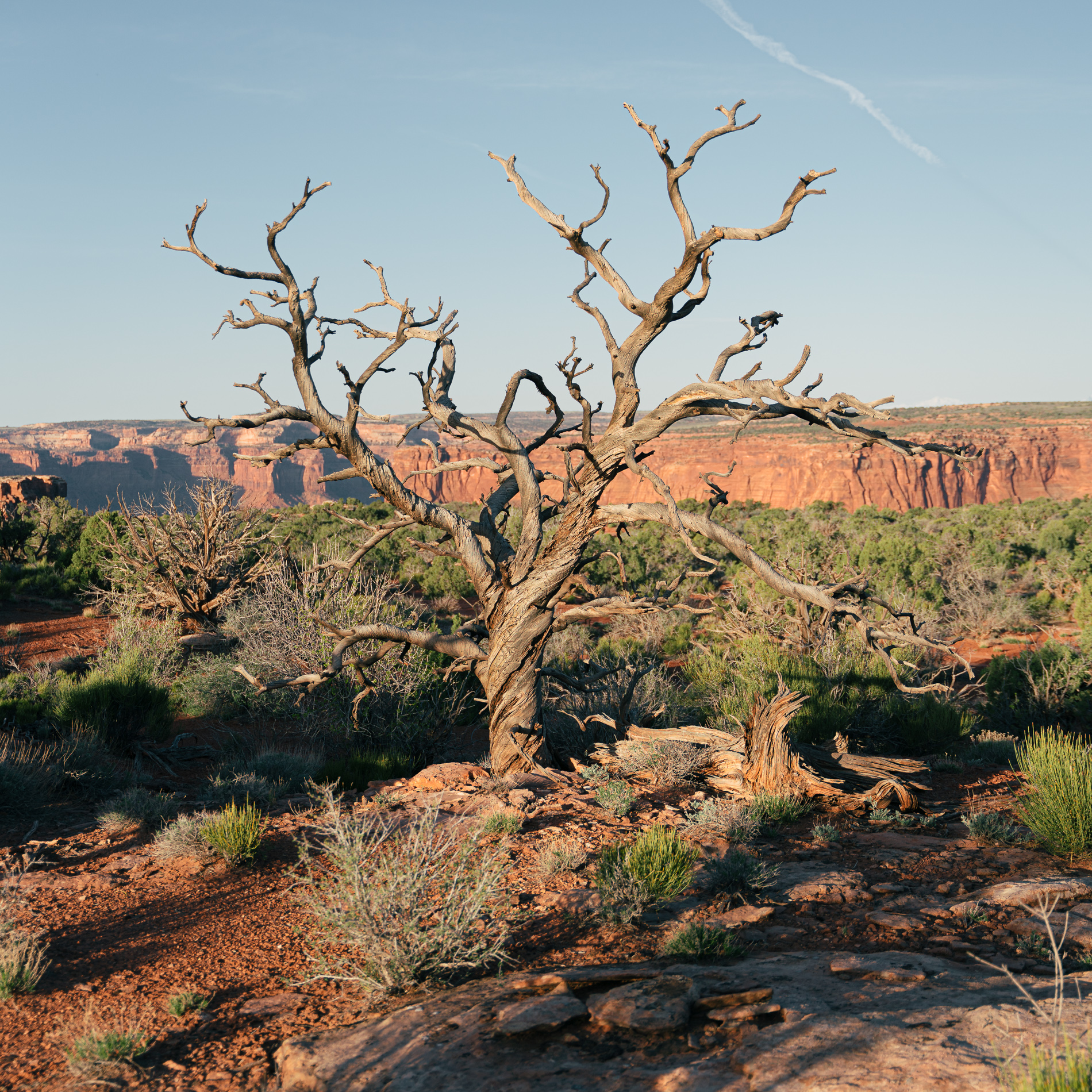
Driving through the desert is like riding the city bus, prattling along and stopping every couple blocks at every new photo opportunity or tempting side road. Every option is considered when you slow to a meander, and in the desert there’s a road to everywhere and anywhere is somewhere. More subtle shifts occur beyond my attention. My typical appetite for driving house music slows, replaced by acoustic guitars and twangy ballads from John Vincent III, Pinegrove, and Wilderado. My ambition, billowed by my surroundings, becomes autotrophic. My camera becomes an extension of this, said well by Susan Sontag in On Photography, “…the camera is the ideal arm of consciousness in its acquisitive mood.” The desert requests a particular disposition and when I grant it I find idle time comes alive.
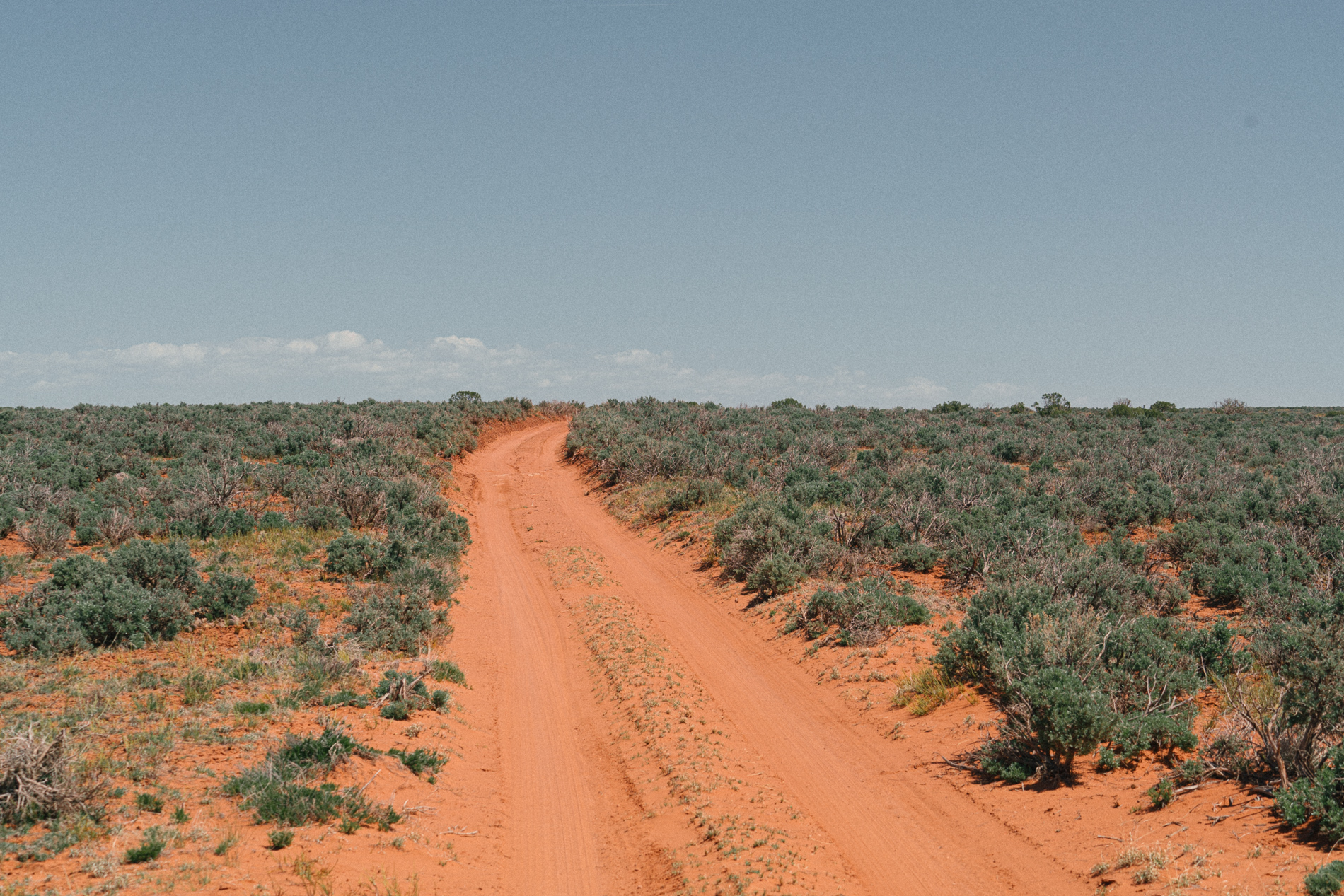
Idle isn’t a word I typically hold close. My old roommate and good friend once lovingly described me as, “having no chill.” Most of my life has been driven by ambition and it leaks into everything I do. Hobbies are serious endeavors and enjoying something I’m not good at is all but impossible. Every aspect of life is a mountain to climb or a skill to be attained. As I get older I’ve started questioning this mindset, but I’m still more apt to summit a surrounding peak during a backpacking trip than I am to sit by the river dawdling with wheatgrass hanging from my teeth. Balance is a virtue, but there’s a part of me that revels in striving and I doubt it’ll ever fade. I doubt I want it to. The difference, here in the desert, is my intensity is directed purely into my surroundings. Past and future become indecipherable. There’s no planning my next move or regretting past mistakes, there is only this road and that sand and those shrubs and these rocks and the sun. My mind goes as far as the horizon and no further, my camera and my pen conduits of my experience.
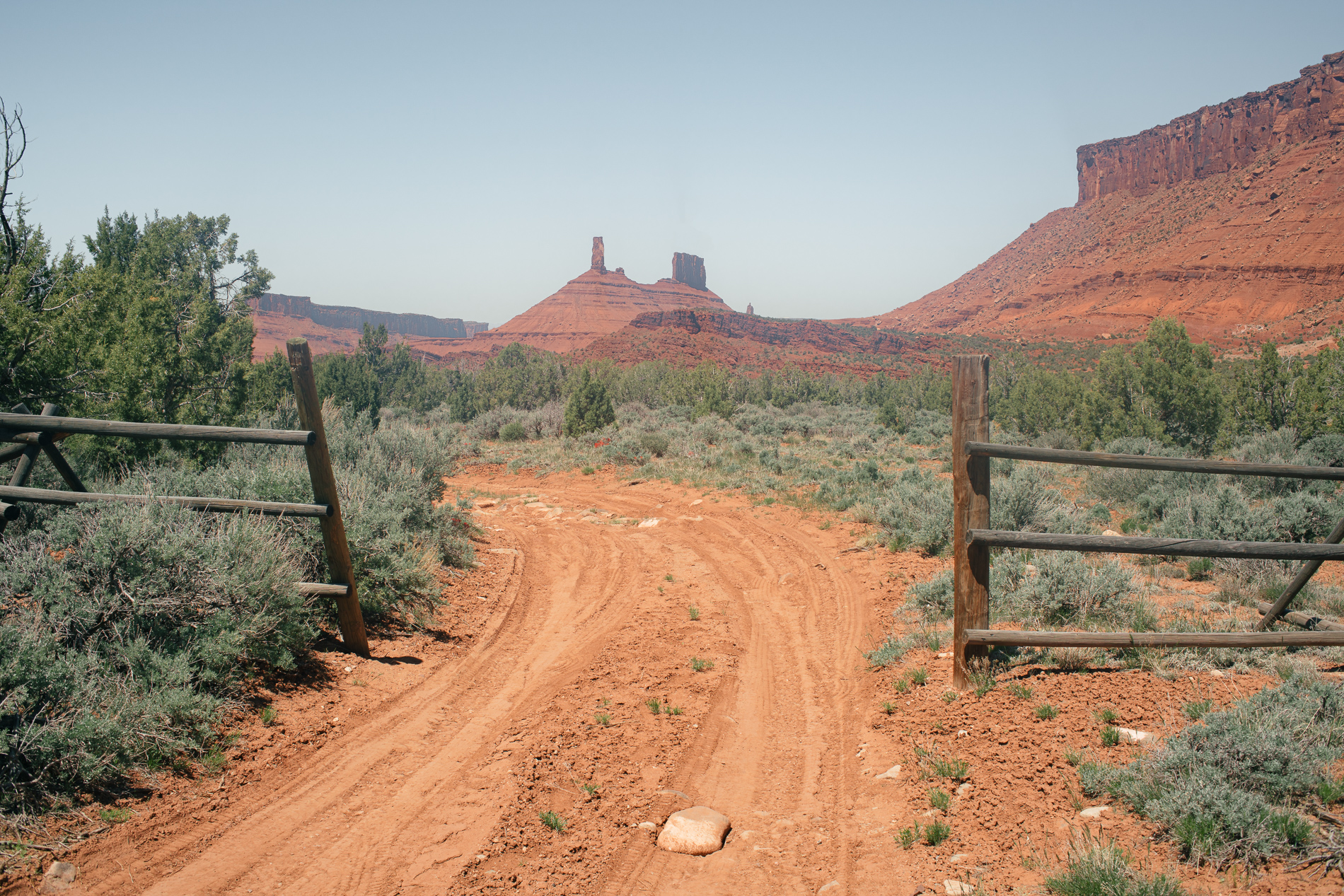
An entry in my journal immediately following the trip says, “the desert always has this rejuvenating effect on me. I go and come back nourished.” Hearing Vervaeke’s words connected the feelings I was escaping to the feelings I had in Moab. Changing my life didn’t need to mean dramatics, no need to quit my job and become a hermit in the mountains. A change in environment, finding beauty in little parts of a daily routine, and directing ambition into the present are all great strategies for moving, and being moved, throughout the day. When things get busy, run to beauty, because it might be all we need.
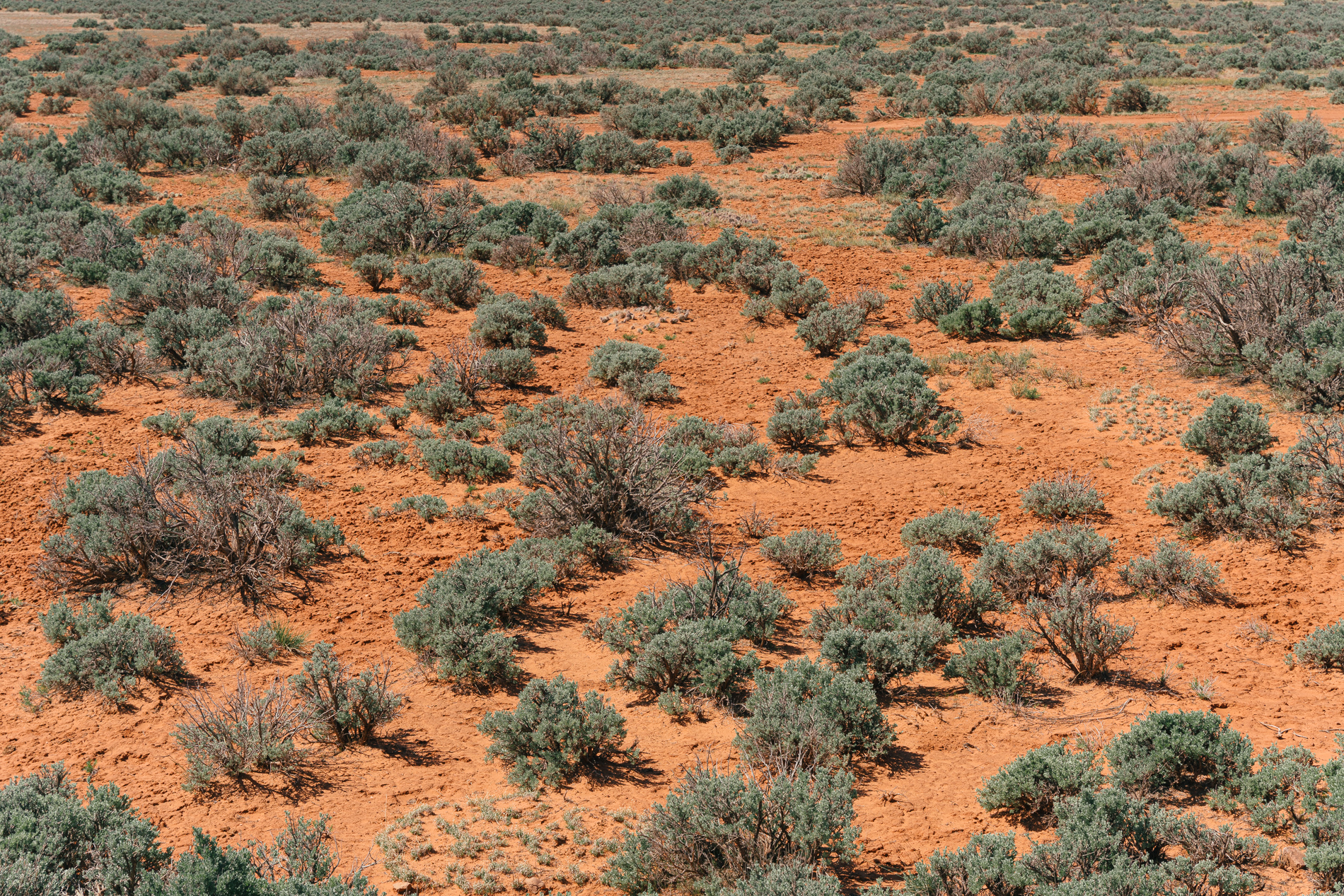
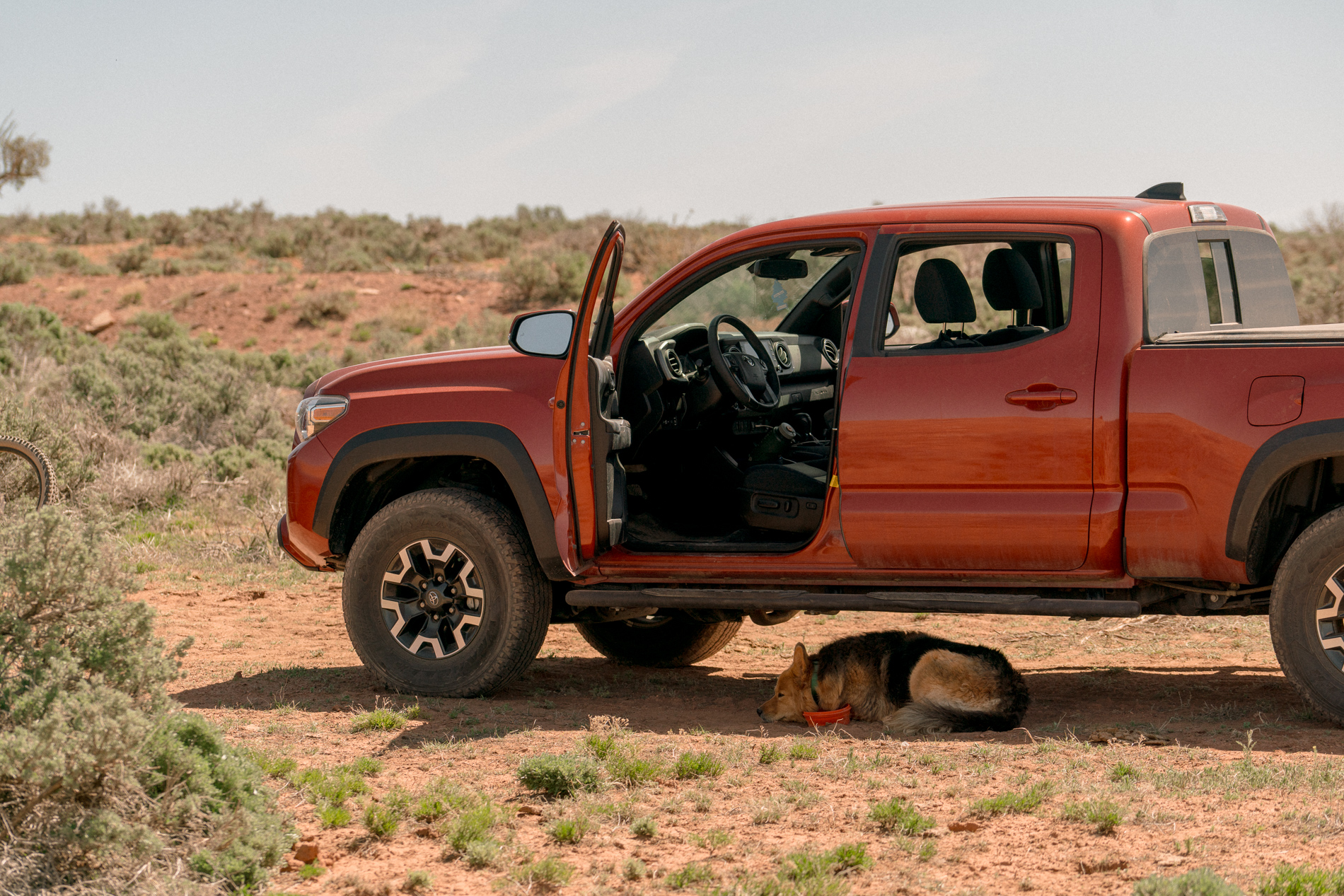

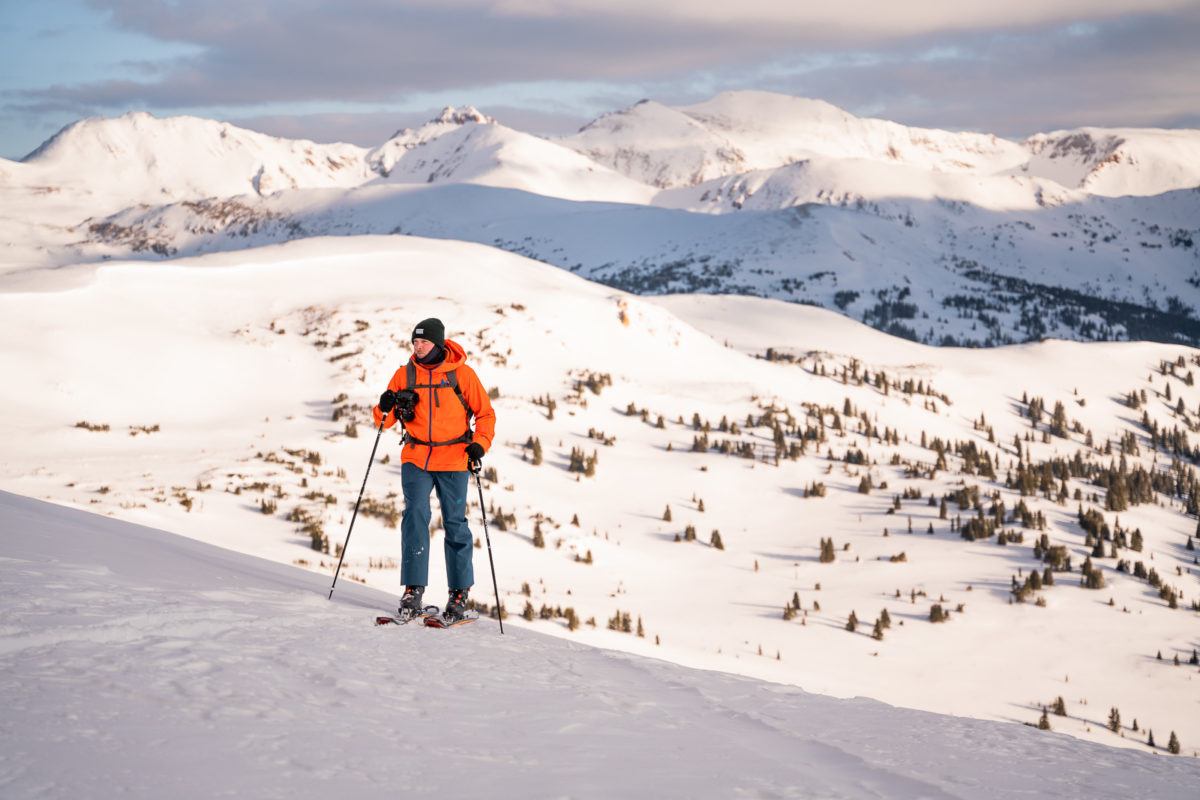
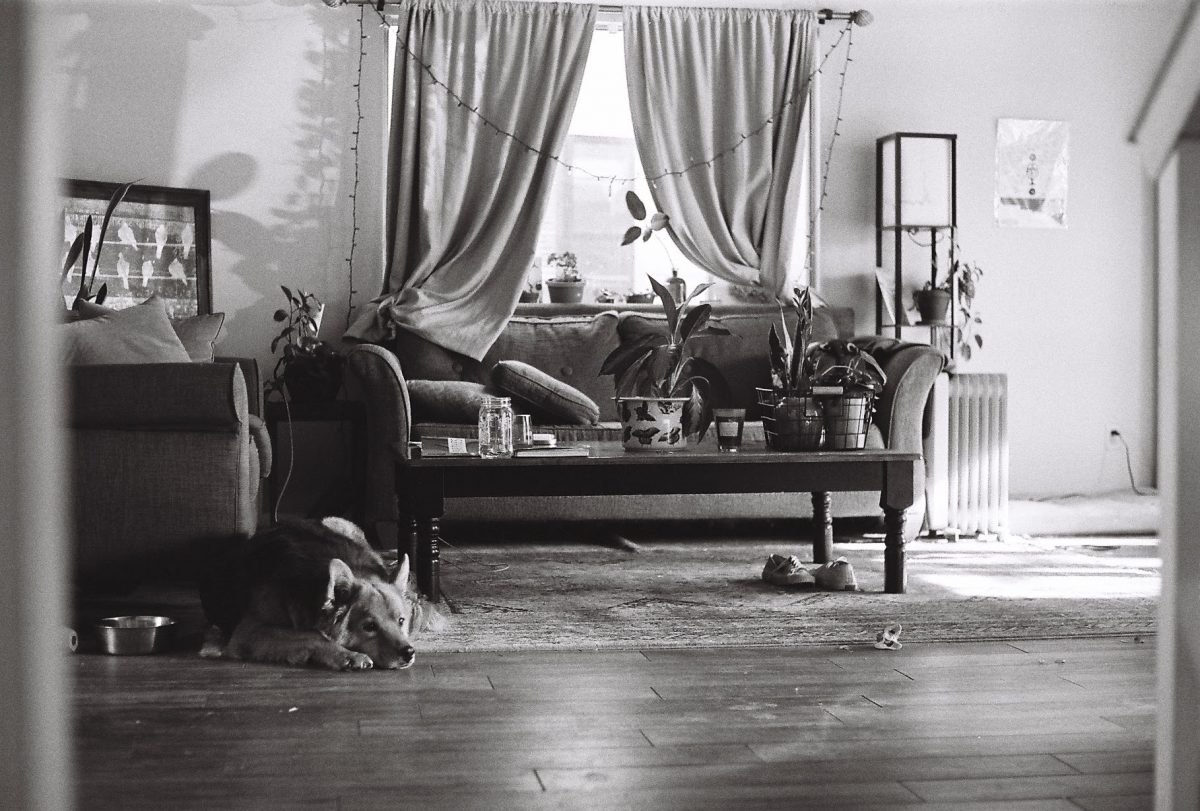
Comments
I’m always so impressed with your writing, and the self reflection. This is beautiful. Bravo, sir. 👏👏👏